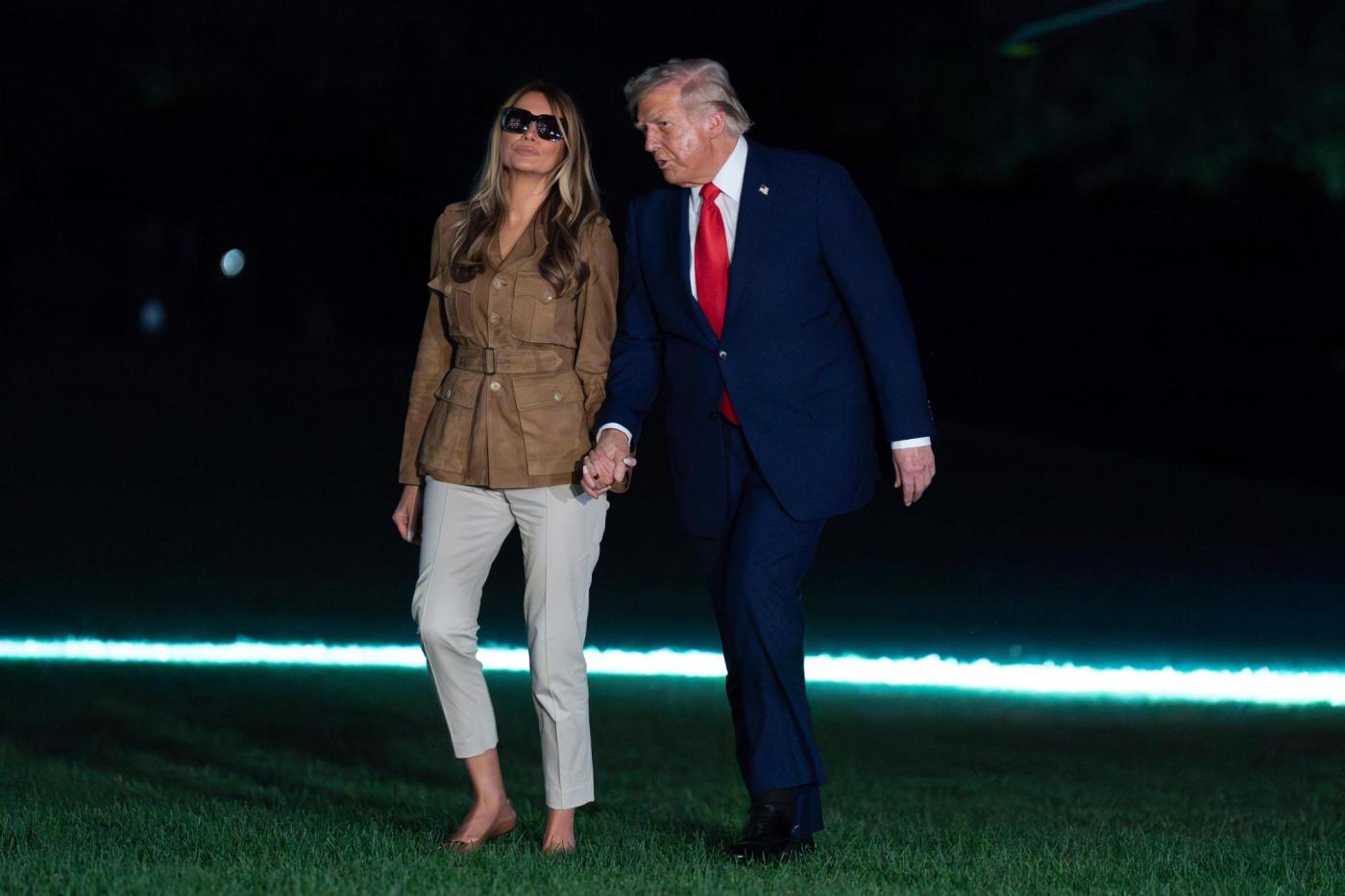
By BARBARA ORTUTAY and SEUNG MIN KIM
WASHINGTON (AP) — President Donald Trump is preparing to sign a proclamation that will require a $100,000 application fee for H-1B visa applications among other changes to the program for highly skilled foreign workers that has come under scrutiny by the administration, according to a White House official.
The signing could come as early as Friday, the official said. The official was granted anonymity to speak in advance of the proclamation signing. The proposed proclamation was first reported by Bloomberg News.
H-1B visas are meant to bring the best and brightest foreigners for high-skilled jobs that tech companies find difficult to fill with qualified U.S. citizens and permanent residents. The program instead has turned into a pipeline for overseas workers who are often willing to work for as little as $60,000 annually. That is far less than $100,000-plus salaries typically paid to U.S. technology workers.
Related Articles
Trump administration halts visas for truck drivers after fatal Florida crash
H-1B visas: Federal government mandates in-person interviews for overseas renewals
H-1B visa: Trump administration signals major change for controversial foreign-worker program
Melania Trump mocked for getting ‘Einstein visa’ in House hearing
The program was created in 1990 for people with a bachelor’s degree or higher in fields where jobs are deemed hard to fill, especially science, technology, engineering and math. Critics say they allow companies to pay lower wages with fewer labor protections.
Historically, these visas — 85,000 per year — have been doled out through a lottery system. This year, Amazon was by far the top recipient of H-1B visas with more than 10,000 awarded, followed by Tata Consultancy, Microsoft, Apple and Google. Geographically, California has the highest number of H-1B workers, according to the U.S. Citizenship and Immigration Services.
Critics say H-1B spots often go to entry-level jobs, rather than senior positions with unique skill requirements. And while the program isn’t supposed to undercut U.S. wages or displace U.S. workers, critics say companies can pay less by classifying jobs at the lowest skill levels, even if the specific workers hired have more experience.
___
Ortutay reported from Oakland, Calif.